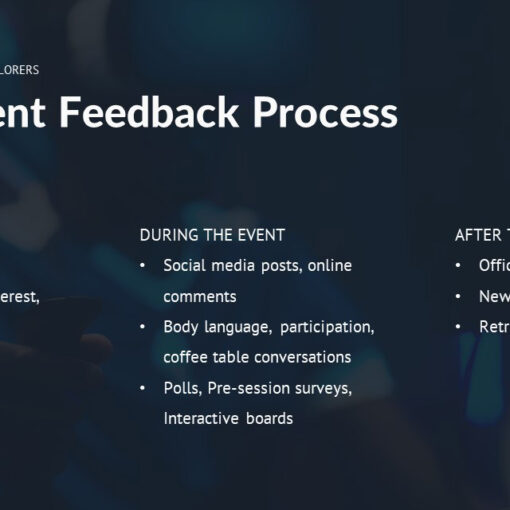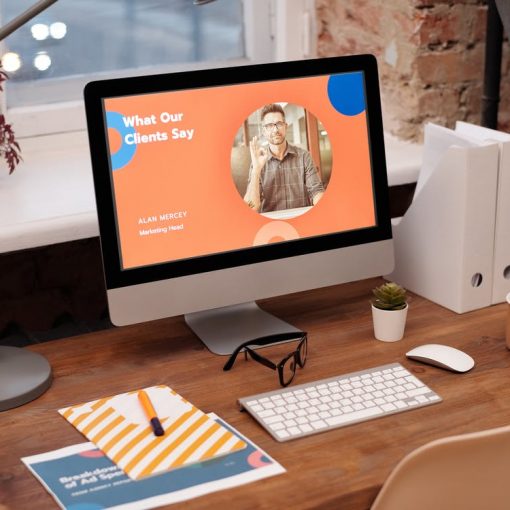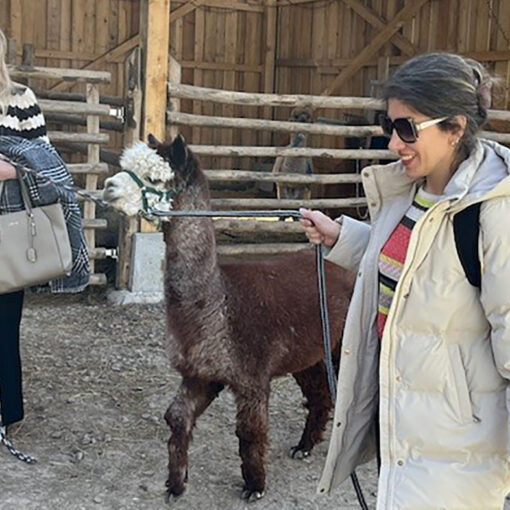Remote work has become common for many companies, even though the event that caused its expansion ‒ COVID-19 ‒ has significantly decreased in intensity. Remote work has undeniable advantages, such as increased productivity and lower operating costs, improved work-life balance, and changing attitudes towards well-being (European Commission 2022). However, remote work also has risks for workers, such as burnout, the development of unhealthy habits, increased social isolation, and increased inequalities in terms of career progression (European Commission 2022).
Virtual events have already demonstrated their positive impact in the fields of education, entertainment, and business (Chodor & Cyranski 2022, 169). They offer flexibility and ease of access from anywhere at any time, the ability to connect with interested audiences, the option to pre-record presentations (Foramitti et al. 2021), a smaller environmental impact, and improved inclusion.
However, virtual events also face challenges such as technical problems, website overloads or bandwidth issues, poor quality social interaction, the lack of a casual environment for informal exchanges, and screen fatigue ‒ toxic behavior can also manifest in virtual spaces (Foramitti et al. 2021). A major challenge for both remote work and virtual events is creating successful virtual teams.
Case Virtual Teamworking Masterclass
Does your team consistently pursue common goals, allocate shared resources, negotiate task ownership, and collaborate to solve problems like a successful gaming team (Parker 2021) or do they fail to collaborate, completing tasks individually without feedback from team members?
![[Alt text: two young persons occupied by vide gaming.]](https://blogit.lab.fi/labfocus/wp-content/uploads/sites/8/2022/12/913_2022_Putting-virtual-teamskills-to-test.jpg)
Project VIBES test ran a Virtual Teamworking Masterclass (November 2‒23, 2022) for a multicultural group of 24 higher education and high school students who participated to learn virtual teamwork skills. The course was based on well-known theories and best practices in teamwork and virtual teamwork, and included practical assignments in a virtual teamwork setting.
The student teams encountered challenges during the testing that were similar to those in real working life. They had difficulty finding a common time to schedule meetings when taking into account time zone differences, work and study schedules, and personal events. The commitment and activity level of each team member had an impact on the teamwork results.
Team members with different backgrounds (nationality, culture, education, occupation, and age) encountered language and communication barriers. Some may have felt that their team exhibited characteristics of a group rather than a proper team ‒ a group is characterized by individual accountability, lack of cohesiveness, and short-term relationships, while a team is focused on mutual accountability, shared mental models, and long-term relationships.
When teamwork is efficient, the objectives are easily achieved, but poor communication and commitment negatively impact the team’s performance, which falls short of expectations. Teamwork should be productive, integrative, and responsible. The members make a team, but the company’s culture and values greatly influence the success of virtual teamwork.
Authors
Carmen Dantis is a Master’s student at LAB University of Applied Sciences’ Degree Programme in Business Administration, International Tourism and Event Management. She participated the VIBES’ Virtual Teamworking Masterclass in November 2022.
Niina Sallinen is RDI Specialist at LAB University of Applied Sciences and Project Manager for VIBES (Virtual Business Skills Empowerment). The Erasmus+ funded project VIBES (2021‒2023) create and produce a distinctive educational and training content that equips students with skills relevant for work in virtual and multicultural teams.

References
Chodor, B. & Cyranski, G. 2020. Transitioning to Virtual and Hybrid Events: How to Create, Adapt, and Market an Engaging Online Experience. United States: John Wiley & Sons Inc.
Foramitti, J., Drewsa, S., Kleina, F. & Konc, T. 2021. The virtues of virtual conferences. Journal of Cleaner Production. Vol. 294. Cited 30 Nov 2022. Available at https://www.sciencedirect.com/science/article/pii/S0959652621005072#bib5
European Commission. 2022. Changing nature of work. Cited 18 Dec 2022. Available at https://knowledge4policy.ec.europa.eu/foresight/changing-nature-work_en
LUT Press Images / Teemu Jaatinen. 2020. 153-LPR-CAMPUS. LUT Lappeenranta Campus. Cited 29 Dec 2022. Available at https://lut.pictures.fi/kuvat/LUT+Press+Images/LUT+Campuses/Lappeenranta+campus/153-lpr-campus.jpg
Parker, L. 2021. Video games can help your team work smarter (no, seriously). Cited 18 Dec 2022. Available at https://www.atlassian.com/blog/teamwork/video-games-can-help-your-team-work-smarter-no-seriously
Links
Virtual business skills empowerment. 2022. Frontpage. Cited 12 Dec 2022. Available at https://www.virtualskills.eu/




